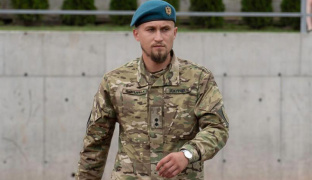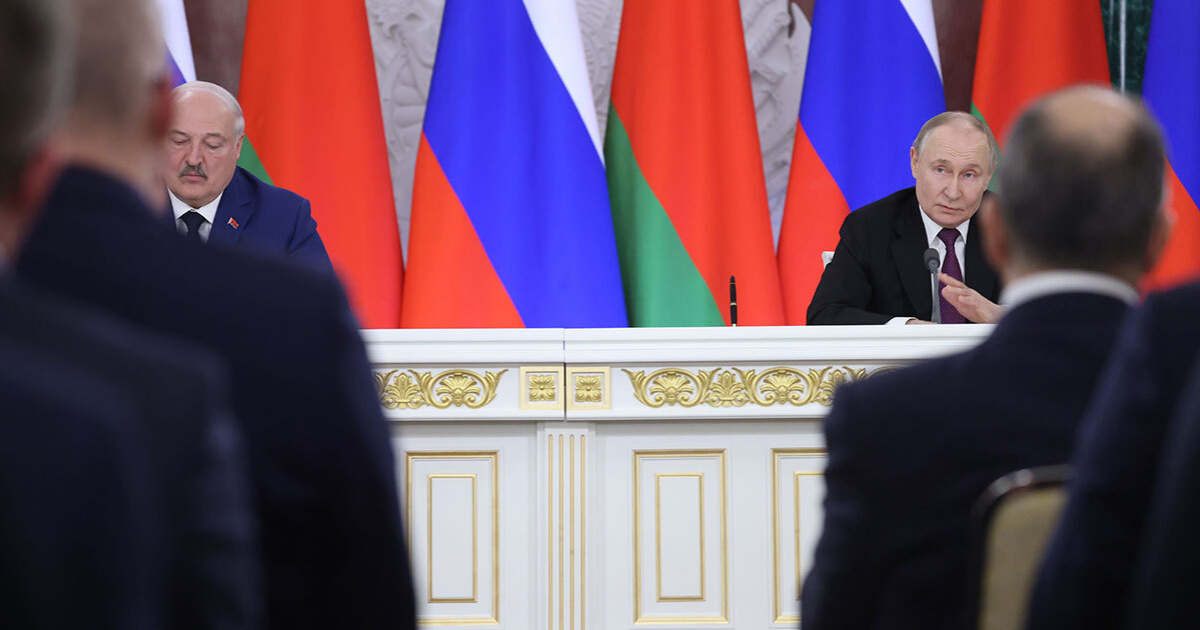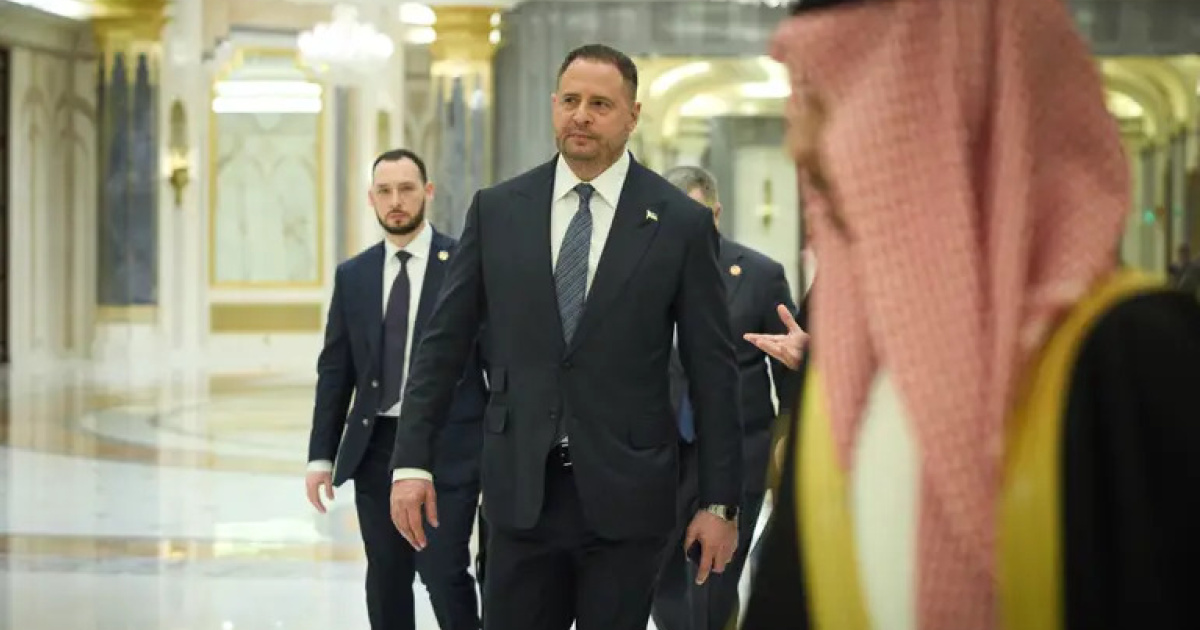The Salisbury poisoning diplomatic scandal has taught Russia nothing. It continues to send its killers around the world to get rid of the unwanted. Germany became the next base for their activities after Britain,
In the Small Tiergarten Park in Berlin on August 23, an unmemorable cyclist rode up behind a man and fired two bullets at him: in the back and security one in the head. Later, the witnesses compared the incident in their testimonies with a cold-blooded execution.
The attacker professionally covered up his tracks right off the bat: he took off his wig, threw a bicycle and a weapon - Glock with a suppressor - into the nearby Spree River. Two Berliners drew attention to the suspicious man and reported to the police. He was soon detained, and scuba divers took out the murder weapon and the bicycle from the bottom of the river.
The killerˈs victim was 40-year-old ethnic Chechen Zelimkhan Khangoshvili. However, there was a different name in his Georgian passport - Tornike Kavtarashvili. He participated in the second Chechen war and was wanted by Russia on charges of terrorism. Attempts against the Chechen were repeatedly made from the Pankisi Gorge, he regularly received threats "in pure Russian", his wife Manana Tsatieva later told the media.
The name of the killer is Vadim Sokolov. He was allegedly born in the city of Irkutsk in 1970. On September 12, the U.S. intelligence revealed the true name and some details of the suspectˈs biography, and Bellingcat investigators revealed this information.
The suspect in the murder turned out to be citizen of the Russian Federation Vadim Krasikov, born in 1965. He lived in the Moscow oblast until 2019, then moved to the capital of Russia.
According to the U.S. intelligence agencies, Krasikov had previously committed contract killing. A criminal case was initiated in 2013 under part 1 of article 105 of the Criminal Code, in which he was the main suspect. It is worthy of note that that the mannerism of the killer in this case is quite similar to the Berlin murder. The killer approached his victim from behind on a bicycle and fired from a pistol at close range. In the back and head as well.
Krasikov was put on the international wanted list only a year later. The search was stopped already in 2015 for unknown reasons, and information about the suspect was removed from the Interpol base soon.
At the same time, crime investigation into the Moscow murder has not been closed, there are no other suspects except Krasikov. But there are also no registered appeals on the territory of the Russian Federation to the Russian internal affairs bodies, in which Krasikov would have been a defendant.
The criminal case file to the name of Krasikov are not available in the central database of the Russian police, although there are numerous references to the murder and his role in it.
At the same time, Krasikov moved abroad freely already in 2016 thanks to such a "cleansing", quite often visiting the Crimea annexed by Russia.
Taking into account all the above facts, Bellingcat investigators made the following conclusion: "The fact that Krasikovˈs search warrant was unconditionally withdrawn, data cleansing against Krasikov from the current Russian databases, including any criminal cases involving him, as well as fabrication of a complete set of parallel data for a non-existent person confirms our previous conclusion that the murder in Berlin was a state-sponsored act. Alternative hypothesis about the organized crime project contradicts a number of large-scale successive administrative procedures that can be performed only by a state actor".
The German prosecutorˈs office has already undertaken the investigation of the murder, which can be interpreted as a direct admission that the German investigating authorities regard this crime as more than a murder.
This exceptional procedure is called "besondere Bedeutung" in the German criminal proceeding, and is applicable in the case of participation of a state actor. Its use and subsequent investigation into the execution in central Berlin could ultimately lead to unprecedented accusations of the Russian authorities of extraterritorial political killing in German.
If this fact is proved, most likely, we should expect a repeat of the diplomatic scandal according to the Salisbury scenario - the mass expulsion of Russian diplomats from the EU and NATO partner countries.
It is also worth expecting that the rhetoric of the German government will change as a result of the investigation, which has recently been striving to ease sanctions and restrictions relating to Russia. Yes, the Germans are eager to resume active business cooperation with Russia. But they are unlikely to be able to turn a blind eye to the threat of their own national security.
But it was a blessing in disguise. These circumstances can greatly strengthen the leverage of Ukrainian authorities on European partners during negotiations at the upcoming meeting of the Normandy Four on December 9.
So, the rhetoric of President Volodymyr Zelensky can become "demanding" instead of "petitionary", given that Russia continues to systematically violate international laws and kill people in European countries. Ukraine can demand a lot with such telling arguments: starting from the security guarantees to the increased financial assistance and continued sanction pressure on the aggressor country.
Kostiantyn Svobodin, specially for OstroV




